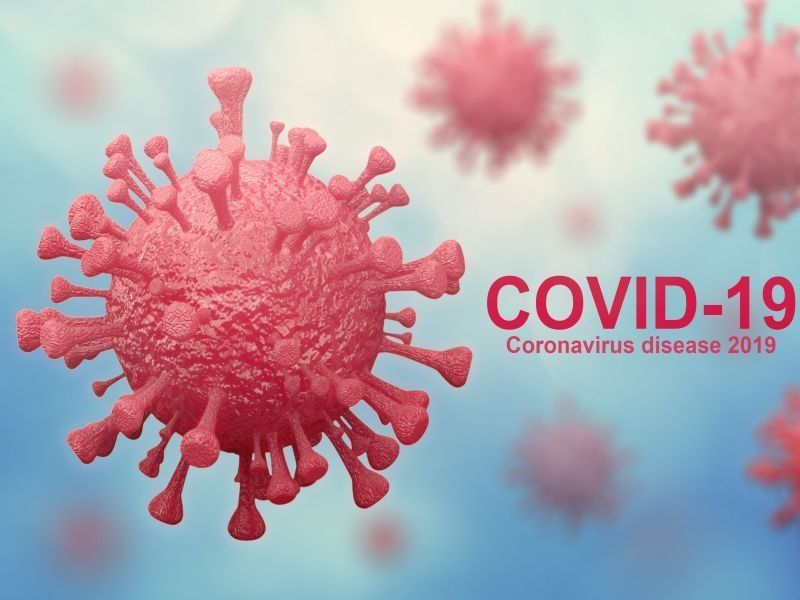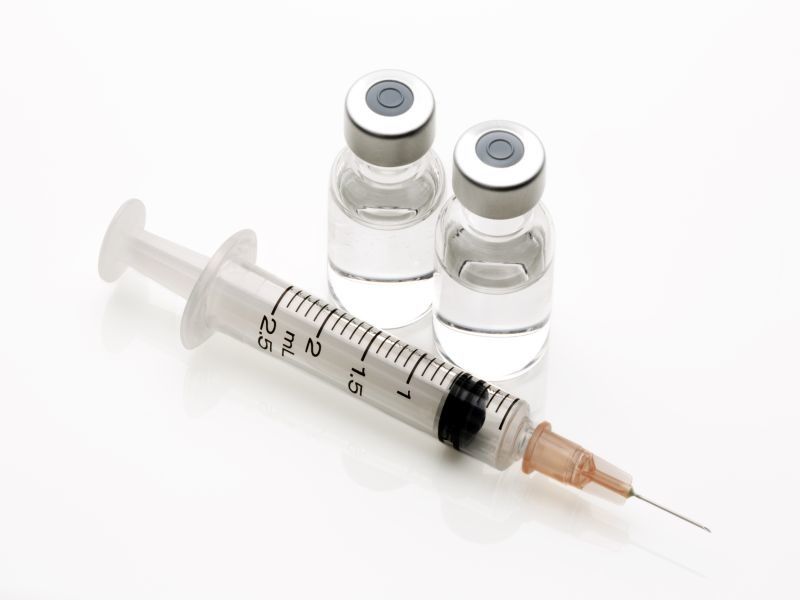
Heart complications are rare among college athletes who have had COVID-19, according to a small study. “Our findings may offer reassurance to high school athletes, coaches and parents where resources for testing can be limited,” said senior author Dr. Ranjit Philip, assistant professor in pediatric cardiology at the University of Tennessee Health Science Center, in… read on > read on >






























